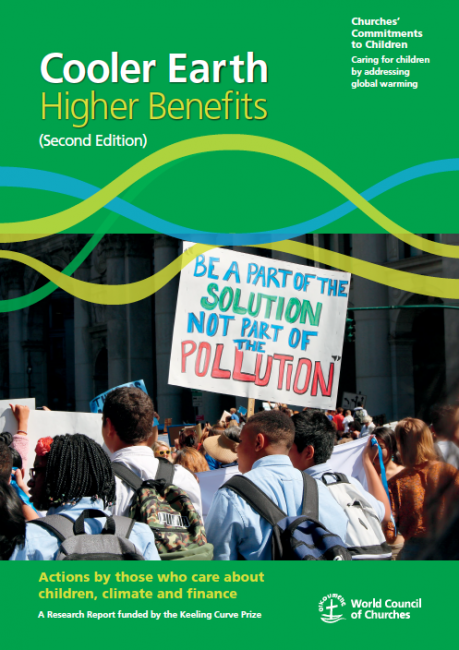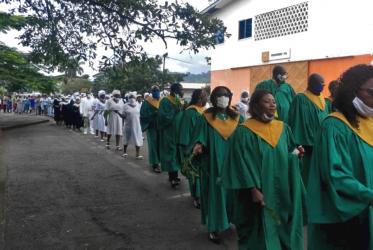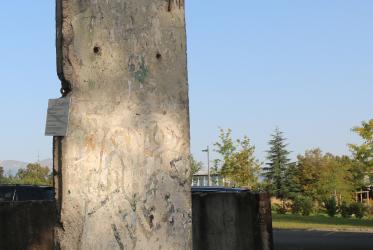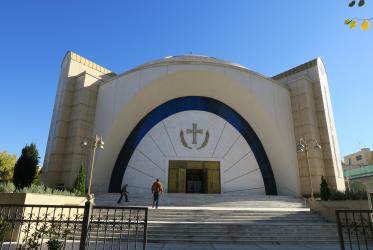Displaying 1 - 20 of 32
Cooler Earth – Higher Benefits Second Edition
Actions by those who care about children, climate and finance
09 November 2022
How racism and colonialism are exacerbating impacts of climate change
29 September 2021
Christian communicators work to counter hate speech against refugees
10 December 2018
WCC, LWF host recipients of Right Livelihood Award
02 November 2016
Rebuilding a smashed church in Albania
23 December 2015
Orthodox church in Albania resurrected
23 December 2015
In Albania, churches’ share of health care has grown in new era
23 December 2015














